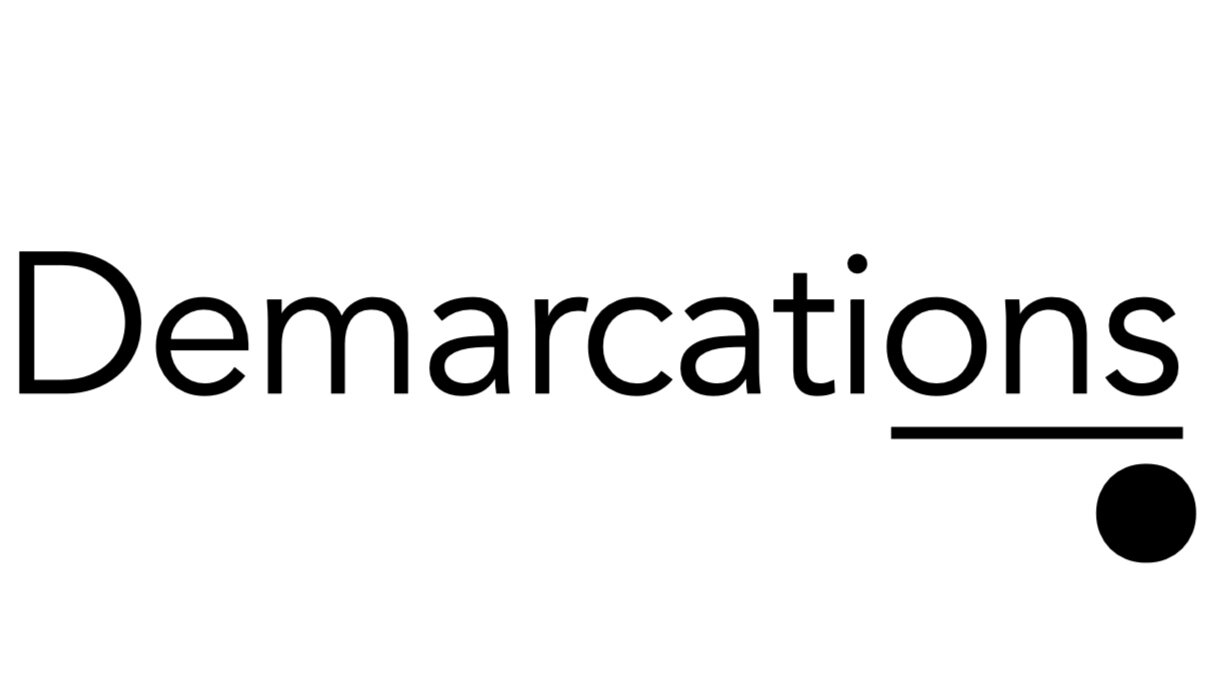As book consumers today, we select more than just which titles to read. We also choose the format — between hardcover or softcover (to purchase or to borrow), among digital versions for Kindles and tablets, and increasingly rich audiobooks. And we chose more than an interface. The format influences how we understand books, their meaning, and how they occupy our memory.
Photo: “Bookstore” by Christine und Hagen Graf. (Some rights reserved)
In The Gutenberg Elegies, author and critic Sven Birkerts writes:
For in fact, our entire collective subjective history — the soul of our societal body, is encoded in print. Is encoded, and has for countless generations been passed along by way of the word, mainly through books.
Philosopher and critic Marshall McLuhan famously observed that the “medium is the message.” The mode of communication (speech, print, television) governs our cognition, which in turns shapes our social interactions. Our post-enlightenment thinking and social structures were sprung from new ideas, but also from the medium through which those ideas were transmitted: the printed word, particularly books.
Reading a book is to slowly sip ideas for extended stretches while engaging the words, to think in solitude — if not physically, then mentally so. And thus we built a world based on individualism, capitalism, and empiricism.
Books are not just containers of ideas. They are ideas themselves and physical landmarks in the field of cognitive. Jane Friedman writes about physical books:
The less visible and immediate physical books are in our lives (because bookstores disappear, because books become digital, because competition from other media), the less likely any book will find its audience through patience or serendipity.
A reader might discover a book by perusing favorite sections at a bookstore. The reader learns about a book by confronting the physical artifact. And the layout and marketing of the store — the underlying texture of this experience — is crafted to induce a purchase, to take that book out the door and the ideas back home.
The book may sit on the shelf for a period, to be rediscovered later, when the time is right. The book will find its audience through yet more “patience.”
Shortly after it was published, my mother gave me Peak by the late K. Anders Erickson and Robert Pool. I wasn’t spurred to read it until after finishing Cal Newport’s So Good They Can’t Ignore You, where he discusses deliberate practice and summarizes Erickson’s research. By then, I was ready. And there it was! The book had been waiting for me patiently.
Then there are audiobooks.1 The text is enriched by an actor’s voice — though I prefer hearing the actual author read. Some newer audiobooks are true multimedia experiences. Take Talking to Strangers. Malcolm Gladwell reads the book himself, giving his words a trenchant earnestness. He includes music, audio clips from interviews, readings from court transcripts, and other original source material. The intertextual richness is compelling. But as that landscape expands, the role of our imagination shrinks. And, like when listening to podcasts, there’s the temptation to multi-task, rather than focus. And how do you interact with an audiobook, since there’s no physical object to flag or annotate?2
For me, nothing yet has improved on the printed book, ideally a hardcover edition I own. It can live on my bookshelf, patiently waiting to be discovered — or rediscovered.
- According to the Association of American Publishers, revenue from audiobooks has nearly tripled since 2014. ↩︎
- For this last reason, I dislike reading non-fiction in Kindle format — I cannot easily annotate and engage with the text. Admittedly, my device is a bit dated and slow, so the highlighting and note taking features are not as responsive. The Kindle works fine for fiction. I also prefer not to read books on my iPad because I use this device so much for research and other reading. I get enough screen-time already. ↩︎

